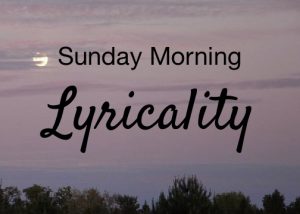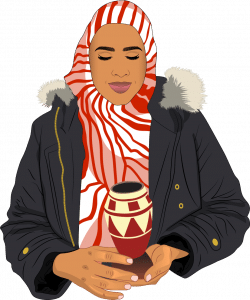
Letter To My Unborn Self Saymoukda Duangphouxay Vongsay
June is Immigrant Heritage Month and the month that holds World Refugee Day. From the moment they land in the United States, many immigrant parents and children reverse roles. Saymoukda Duangphouxay Vongsay’s parents did the impossible. They made sacrifices and uprooted their lives so they could cement themselves as American citizens for the future of their families. In Saymoukda Duangphouxay Vongsay’s poem “Letter To My Unborn Self”, translating for her parents has its hardships and surprises. However, as a reader you feel like translating is a way for the writer to honor their sacrifices.


